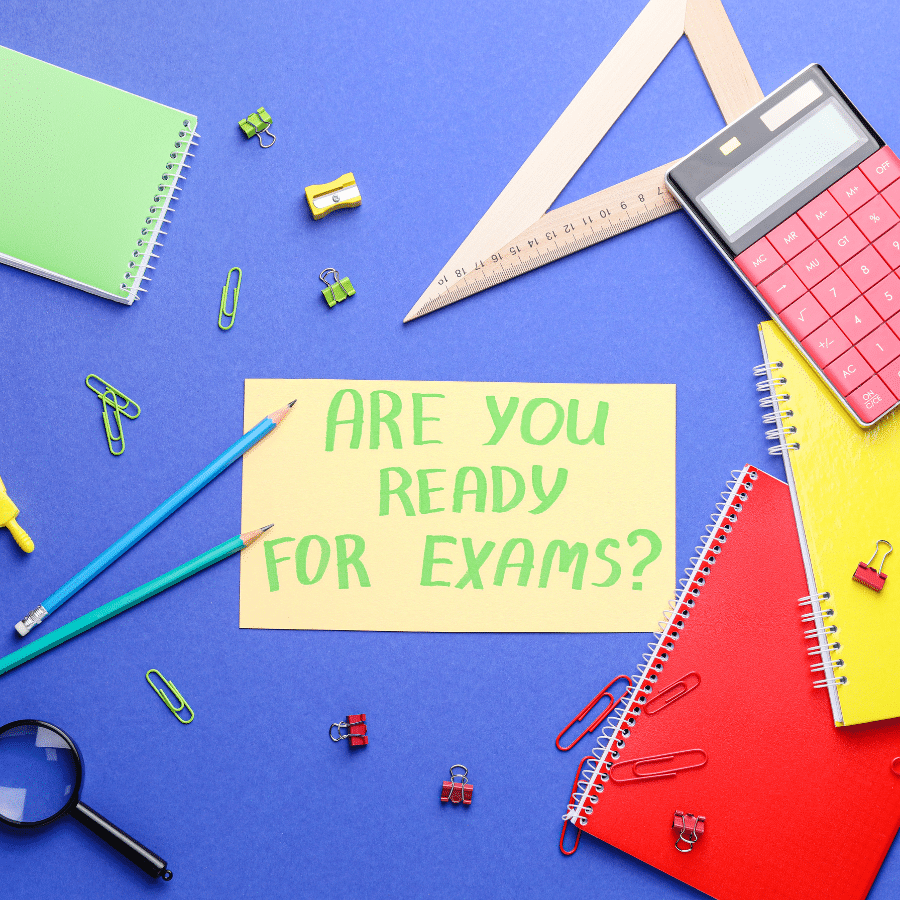Introduction
So you’ve been asked to give a presentation—congratulations! But before you start brainstorming ideas and making slides, you need to make sure your presentation skills are up to par. Here are some great ways to prepare yourself for presenting, including tips from experts in the field.
Practice Speaking to a Mirror
The mirror is your friend! You should practice speaking to a mirror. You can do this by yourself, or with someone else. Here are some ways:
- Practice speaking out loud, in front of a mirror.
- Have someone videotape you as you speak and critique the tape together afterward. This will help them learn how they look when they speak and also help them improve their presentation skills by seeing what works well and what doesn’t work so well when they’re talking on camera.
Practice with a Friend or Family Member
Practice with a Friend or Family Member
Practicing with someone else can help you to get over your nerves and feel more confident during your presentation. It’s also a great way to get feedback on what you are saying, so that you can improve your delivery and make sure that everything is clear. Practice in front of a mirror if possible, as this allows you to see how you look while speaking, which will help improve body language (i.e., standing up straight). If practicing in front of other people isn’t possible, try recording yourself on video so that later on when reviewing the footage of your practice session(s), there will be no embarrassing moments!
Give a Presentation on a Regular Basis
The best way to improve your presentation skills is by giving presentations. The more you do it, the better you will become at it!
If you are not comfortable with speaking in public, start small by giving a presentation to your dog or cat. Once they get used to seeing you on stage and listening intently while looking up at them with adoring eyes (or paws), then move on to bigger audiences like friends and family members. Next step: give presentations at work; if possible ask an expert speaker who can offer advice on improving your performance as well as provide constructive criticism after each rehearsal session so that next time around everything goes smoothly without any hiccups whatsoever! Finally – if possible – try giving short talks at school during break times where there’s plenty of space available nearby where one could hold court comfortably without being interrupted by other students who might want some attention too…
Be Confident in Your Ability
The first step to effectively presenting your ideas is to be confident in your ability. Many people are nervous when they present, but the key is to remember that you know more than most people about the topic at hand. You have spent hours researching and preparing for this moment, so take advantage of that hard work by being enthusiastic and energetic as well as prepared and having a plan!
If you still find yourself feeling nervous during a presentation, try taking some deep breaths or singing songs under your breath until it passes (this has worked wonders for me). If all else fails, don’t be afraid to ask for help from friends or family members who are attending the event with you–they will appreciate that their presence is helping ease some of that anxiety which will undoubtedly make them feel even closer than before!
Know What You Are Talking About
- Know the topic.
- Connaissez votre public.
- Know your purpose for speaking, and be able to articulate that purpose clearly and succinctly.
- Be aware of how you will deliver your message (e.g., through slides or verbally) and how much time you have available to do so (e.g., 10 minutes vs 30 minutes).
Prepare Notes and Visuals
- Prepare Notes and Visuals
- Use a whiteboard or flip chart to prepare your notes, visual aids and any other tools you will use during the presentation.
- If you are using a laptop or tablet, be sure that it is connected to an external display if possible so that others in the room can see what’s on the screen clearly. Also ensure that all cables are secure before beginning your practice session.
- If possible, use a microphone so others hear what you say without straining their ears (or worse yet falling asleep). Plus, this will help keep people focused on what you have to say rather than thinking about something else entirely!
The key to giving a good presentation is preparation.
The key to giving a good presentation is preparation.
- Practice your presentation before you give it. You can do this by yourself or with someone else, such as a friend or family member.
- Practice your presentation in front of a mirror, so that you can see how well you are doing and adjust accordingly if necessary.
- Record yourself on video, then watch it back with family members who will be supportive of whatever feedback they give (and don’t forget to ask them for feedback!). This method works particularly well if you have trouble reading from notes because it forces you not only to remember what needs saying but also forces eye contact with whoever is watching!
Pour aller plus loin
The key to giving a good presentation is preparation. If you want to improve your presentation skills, it’s important to practice as much as possible and find opportunities where you can give presentations in front of others. The more comfortable you are speaking in front of others (and the more times), the less nervousness will affect your ability to give an effective speech or presentation.









